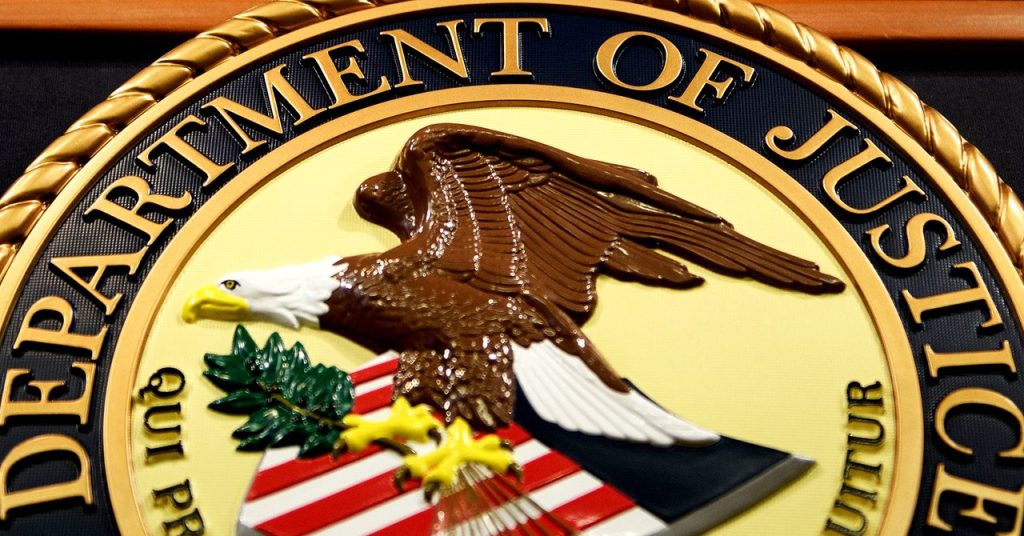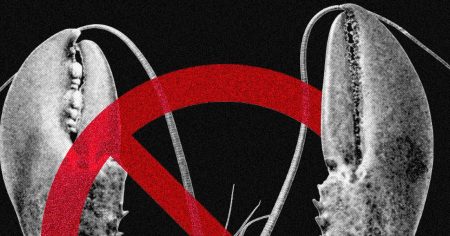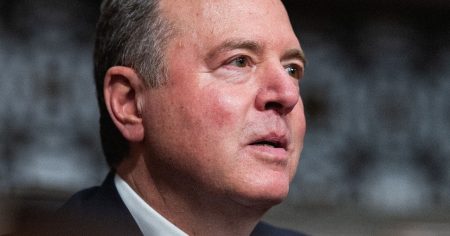In March 2019, TikTok agreed to a US federal court order barring the social media giant from collecting personal information from its youngest users without their parents’ consent. According to a new lawsuit filed by US authorities, TikTok immediately breached that order and now faces penalties of $51,744 per violation per day.
TikTok “knowingly allowed children under 13 to create accounts in the regular TikTok experience and collected extensive personal information from those children without first providing parental notice or obtaining verifiable parental consent,” the US Department of Justice alleged on behalf of the Federal Trade Commission in a complaint lodged on Friday in federal court in California.
TikTok spokesperson Michael Hughes says the company strongly disagrees with the allegations. He reiterates a statement the company issued in June, when the FTC had voted to sue, that many of the issues raised relate to “practices that are factually inaccurate or have been addressed.” Hughes adds that TikTok is “proud of our efforts to protect children, and we will continue to update and improve the platform.”
Lawsuits over alleged violations of children’s privacy are almost a rite of passage for social platforms these days, with companies such as Google, Microsoft, and Epic Games collectively having paid hundreds of millions of dollars in penalties.
But the case against TikTok also falls into the US government’s escalating battle with the service, whose ownership by China-based ByteDance has drawn national security concerns. Some US officials and lawmakers have said they worry about China exploiting TikTok to spread propaganda and gather data on vulnerable Americans. TikTok has refuted the concerns as baseless fear-mongering and is fighting a law that requires it to seek new ownership.
The complaint filed on Friday alleges that as of 2020, TikTok wouldn’t let users sign up on their own if they entered a birthdate that showed they were under 13 years old. But it allowed those same users to go back, edit their birthdate, and sign up without parental permission.
TikTok also wouldn’t remove accounts purporting to belong to children unless the user made an explicit admission of their age on their account, according to the lawsuit. TikTok’s hired content moderators allegedly spent just five to seven seconds on average reviewing accounts for age violations. “Defendants actively avoid deleting the accounts of users they know to be children,” the lawsuit states. Additionally, millions of accounts flagged as potentially belonging to children allegedly were never removed because of a bug in TikTok’s internal tools.
The lawsuit acknowledges that TikTok improved some policies and processes over the years but that it still held on to and used personal information of children that it shouldn’t have had in the first place.
Authorities also took issue with TikTok’s dedicated Kids Mode. The lawsuit alleges that TikTok gathered and shared information about children’s usage of the service and built profiles on them while misleading parents about the data collection. When parents tried to have data on their kids deleted, TikTok forced them to jump through unnecessary hoops, the lawsuit further alleges.
TikTok should have known better, according to the government, because of the 2019 court order, which stemmed from TikTok’s predecessor—a service known as Musical.ly—allegedly violating a number of rules aimed at protecting children’s privacy. Those rules largely come from the Children’s Online Privacy Protection Act, a law dating to the late-1990s dotcom era that tried to create a safer environment for children on the web.
Lawmakers in the US this year have been weighing a major update in the form of the Kids Online Safety Act, or KOSA. The proposed measure, which passed the Senate earlier this week, would require services like TikTok to better control kids’ usage. Detractors have said it would unfairly cut off some young populations, such as transgender kids, from vital support networks. KOSA’s fate remains uncertain. But as the case against TikTok allegedly shows, stricter rules may do little to stop companies from pursuing familiar tactics.
Read the full article here















